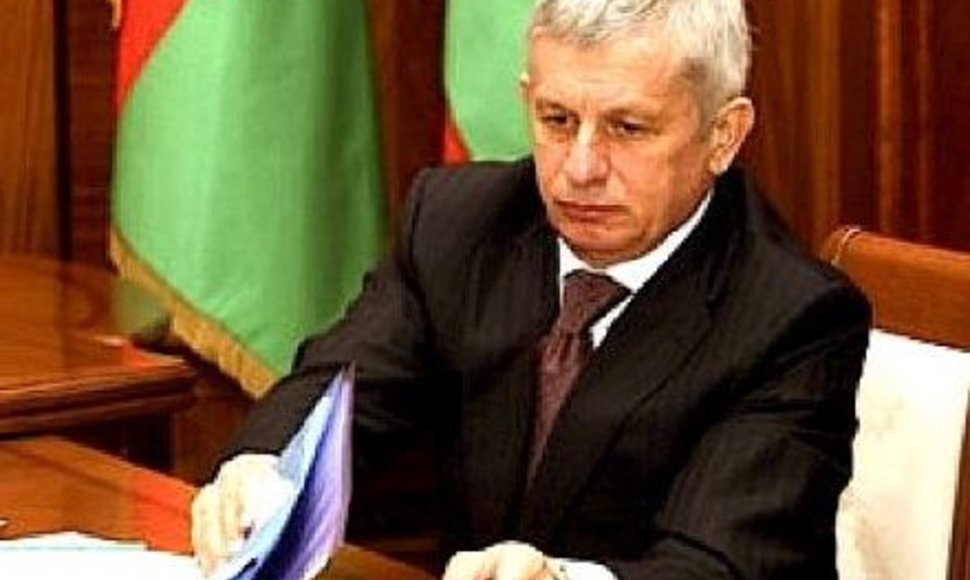A decision to refer the dispute to the Court of Justice was made in May by the Supreme Administrative Court of Lithuania, which examined complaints filed by the Foreign Ministry and the Financial Crime Investigation Service (FNTT) over a decision by the Regional Administrative Court of Vilnius in August 2012.
On May 3, the Supreme Administrative Court of Lithuania halted the proceedings pending a preliminary ruling by the Court of Justice.
Meanwhile, the government on Wednesday plans to consider Lithuania’s arguments, which would be put forward to the Court of Justice.
According to the draft document, Lithuania would state that it should be left for national authorities to consider all circumstances without being bound by a certain list of criteria in each particular case.
Moreover, Lithuania will seek to convince the court that a refusal by a law firm to provide legal services due to the freezing of funds does not automatically mean that a person’s right to legal defense has been restricted as the person should have to provide evidence in this case that he does not have any other possibilities to defend him or herself.
On August 27, 2012, Peftiev, who has been blacklisted by the European Union for links with Minsk regime, won the first suit in Lithuania as the Regional Administrative Court of Vilnius then ordered to the Foreign Ministry and the Financial Crime Investigation Service to reconsider requests made by Peftiev and his company Beltechexport, the largest Belarusian weapons trader, as well as the companies Sport-Pari and BT Telecommunications in December 2011. The applicants then asked for permission to use frozen funds for making payments to the law firm Lawin, which represented Belarus businessman in the General Court as he challenged the restrictions imposed against him and his three companies.
The Foreign Ministry said that it had decided not to apply a respective exemption provided in the Council Regulation of 18 May 2006 concerning restrictive measures against President Lukashenko and certain officials of Belarus since the “funds intended for payment of legal services provided by the law firm had been acquired unlawfully.”
The Supreme Administrative Court of Lithuania said in its decision that Peftiev was a key financial sponsor of Lukashenko’s regime and he in fact controlled Belarus’ exports of weapons.
“A large part of Lukashenko’s personal assets and presidential reserve fund is believed to come from weapons trade and lotteries, that Peftiev’s success in trade in weapons and other businesses was driven by his close ties with top ranking officials, including security officials. On top of that, Peftiev has links with Russia’s arms dealer Viktor Bout. Information available to the Foreign Ministry made it believe that the funds of Peftiev intended as payment for Lawin’s services had been obtained unlawfully,” the decision by the Supreme Administrative Court reads.
The EU has blacklisted 243 individuals who are subject to travel bans to EU countries for their role in human rights violations in Belarus and support of the current regime. Sanctions also include freezing of funds of certain individuals and companies.
In line with the exemptions provided in the EU’s Belarus sanctions regime, the competent authority of a member state “may authorize the release of certain frozen funds or economic resources or the making available of certain funds or economic resources, under such conditions as it deems appropriate, after having determined that the funds or economic resources concerned are <…> intended exclusively for payment of reasonable professional fees and reimbursement of incurred expenses associated with the provision of legal services.’












